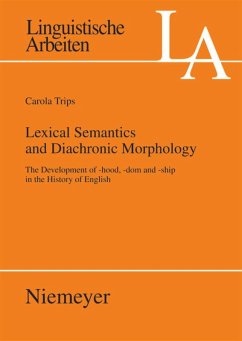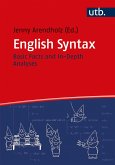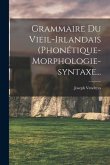This book is the most comprehensive study to date of the development of the three suffixes -hood, -dom and -ship in the history of English. Based on data from annotated corpora it provides an in depth investigation from Old English to Modern English and shows that structurally the three suffixes developed from syntactic heads (nouns) via morphological heads in compounds to morphological heads in derivations. Being an instance of morphologisation the rise of suffixes clearly shows that word formation is not part of the syntactic module. This development is triggered by semantic change, more precisely, by the semantics of the elements which keep their salient meanings and develop further meanings through metonymic shifts, finally leading to underspecified meanings. The findings are analysed in a revised version of Lieber's (2004) framework to account for the diachronic facts and have far-reaching consequences for morphological theory since they show that derivational suffixes bear meaning and hence contribute to processes of lexicalisation which is clear evidence for sign-based models and against, for example, Separationist assumptions.







